Top 5 Poultry Seasoning Alternatives for Perfect Flavor
If you're out of poultry seasoning or want to experiment with new flavors, these 5 proven substitutes work perfectly for chicken, turkey, and other meats. Each option delivers unique taste profiles for different cooking styles:
- Herb Mix (Thyme, Sage, Rosemary): Simple natural blend for classic dishes
- Italian Seasoning: Close match with oregano, basil, thyme, and rosemary
- Cajun Seasoning: Adds heat and boldness for spicy meals
- Lemon Pepper: Bright zesty flavor perfect for grilled chicken
- Smoked Paprika + Herbs: Deep smoky notes ideal for roasted or smoked meats
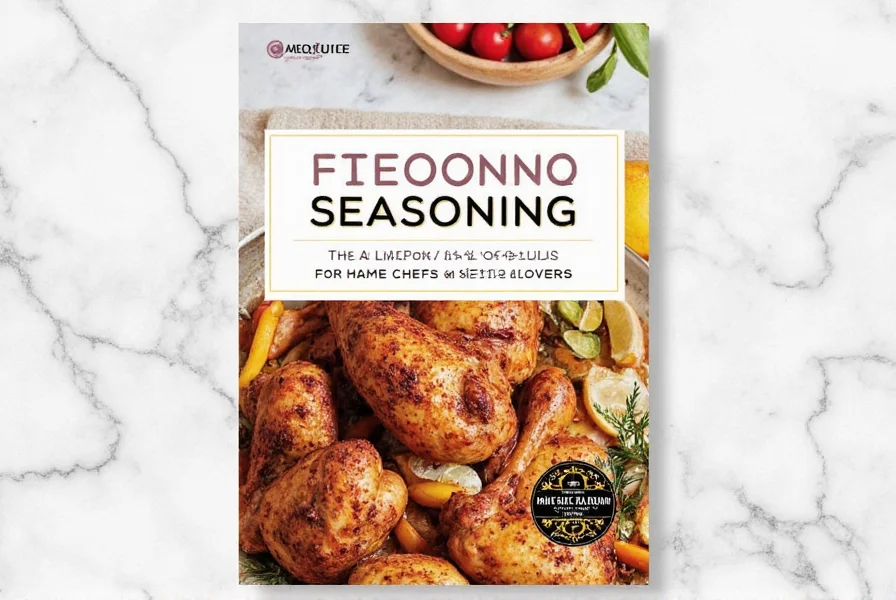
Why You Might Need a Poultry Seasoning Alternative
Sometimes you might find yourself without poultry seasoning on hand, or you may be looking for a different flavor profile altogether. Maybe you're cooking for someone with dietary restrictions, or perhaps you want to experiment with new tastes. In these cases, knowing a good poultry seasoning alternative can save your meal from going flat.
Here are some common reasons why people turn to alternatives:
- You don't have the right spice mix in your pantry.
- You're looking for a more unique or bold flavor.
- You need a vegan or gluten-free option.
- You want to simplify your cooking process.

How to Use These Alternatives in Cooking
Using a poultry seasoning alternative is straightforward, but there are a few tips to keep in mind to ensure the best results:
- Adjust the quantity: Start with a smaller amount and taste as you go. Some alternatives are more intense than traditional poultry seasoning.
- Combine with other seasonings: Don't be afraid to mix in a bit of salt, pepper, or garlic to round out the flavor.
- Use fresh herbs when possible: Fresh thyme, rosemary, or sage can make a big difference in taste and aroma.
- Experiment with ratios: If using multiple herbs, try different combinations to find what works best for your palate.
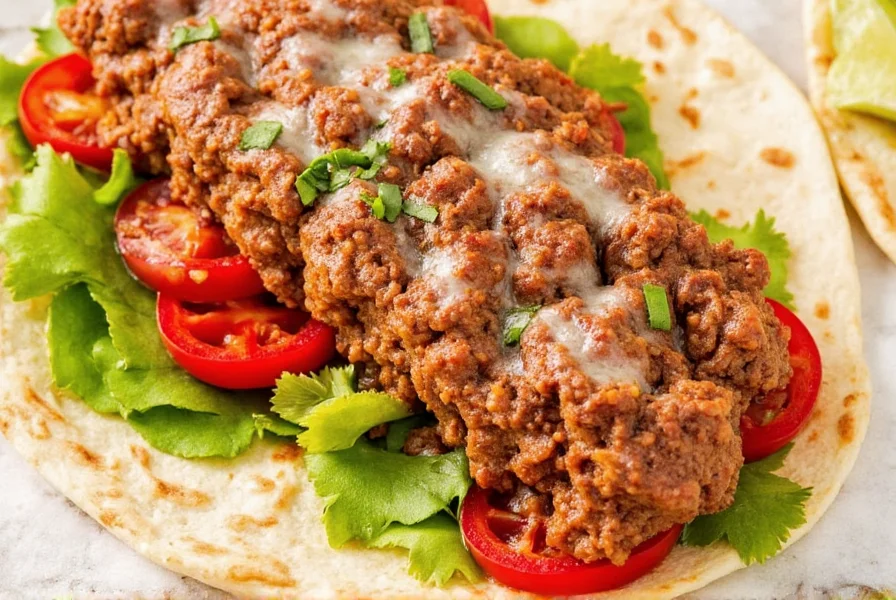
Frequently Asked Questions
What's the closest substitute for poultry seasoning if I don't have it?
The closest substitute is a simple mix of equal parts dried thyme, sage, and rosemary. This combination captures the essential herbal profile of poultry seasoning. For a more complete substitute, add a pinch of garlic powder, onion powder, and marjoram if available. You can use this mix in the same quantity as poultry seasoning in your recipes.
Can I make my own poultry seasoning from scratch?
Absolutely! A basic homemade poultry seasoning recipe includes 2 tablespoons dried thyme, 2 tablespoons dried sage, 1 tablespoon dried rosemary, 1 tablespoon dried marjoram, 1 teaspoon black pepper, and 1 teaspoon dried parsley. Mix these together and store in an airtight container. This blend will keep for up to 6 months and gives you complete control over the ingredients and flavor profile.
How much of the alternative should I use compared to regular poultry seasoning?
Start with the same amount you would use of poultry seasoning, but be prepared to adjust. Some alternatives like Cajun seasoning are more potent, so you might need 25-50% less. Milder alternatives like Italian seasoning might need to be used at a 1:1 ratio or even slightly increased. Always taste as you cook and adjust accordingly, especially when using substitutes for the first time.
Can I use fresh herbs instead of dried in my poultry seasoning alternative?
Yes, but remember that fresh herbs are less concentrated than dried. As a general rule, use three times the amount of fresh herbs compared to dried (for example, if a recipe calls for 1 teaspoon dried thyme, use 1 tablespoon fresh thyme). Fresh herbs are best added toward the end of cooking to preserve their delicate flavor, while dried herbs benefit from longer cooking times to release their full flavor.
Are there any gluten-free or allergen concerns with poultry seasoning alternatives?
Most pure herb and spice blends are naturally gluten-free and free from common allergens. However, store-bought blends may contain anti-caking agents or be processed in facilities with allergens. If you have specific dietary restrictions, making your own blend from individual spices is the safest option. Always check labels carefully if purchasing pre-made blends, especially if you have celiac disease or severe allergies.
Can I use these poultry seasoning alternatives with meats other than poultry?
Absolutely! While designed for poultry, these alternatives work well with many proteins. The herb mix complements pork beautifully, Cajun seasoning enhances shrimp and fish, lemon pepper works wonderfully with salmon, and smoked paprika blends add depth to roasted vegetables and even tofu. Don't limit these seasonings to just chicken or turkey—experiment across your entire menu.
Buying Guide for Poultry Seasoning Alternatives
Whether you're shopping for a specific herb blend or a store-bought alternative, here's what to look for:
1. Dried Herb Mixes
Dried herb mixes are a great investment for home cooks. They last longer than fresh herbs and are easy to store. Look for blends that include thyme, sage, rosemary, and marjoram. These are the key components of traditional poultry seasoning.
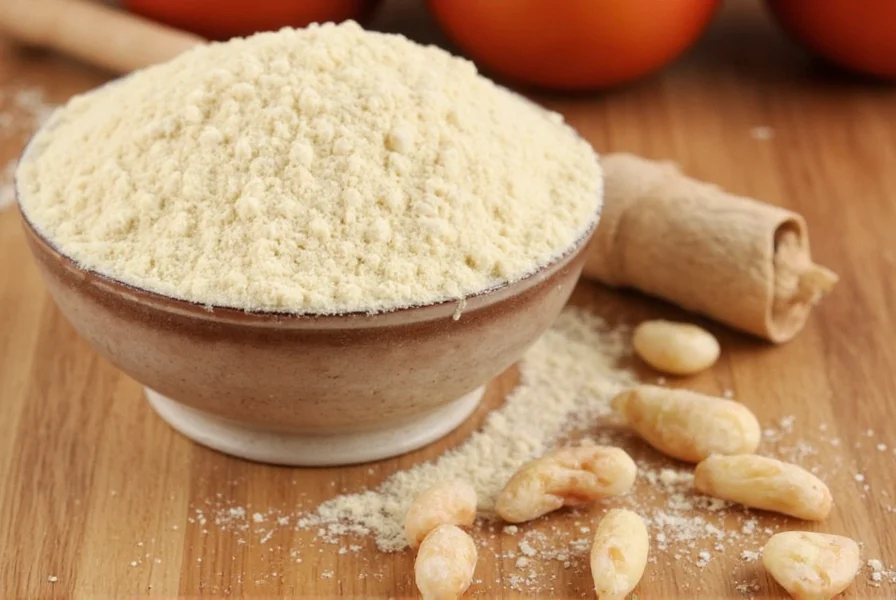
2. Store-Bought Seasoning Blends
Many grocery stores carry ready-made seasoning blends that can serve as poultry seasoning alternatives. Some popular options include:
- Italian Seasoning: Great for a quick and easy substitution.
- Cajun Seasoning: Adds a spicy kick to any poultry dish.
- Lemon Pepper: Perfect for lighter, zesty meals.
- Smoked Paprika Blend: Ideal for grilled or smoked poultry.
These blends are convenient and can be used in a variety of dishes beyond just poultry. They are suitable for both casual home cooking and more formal occasions.
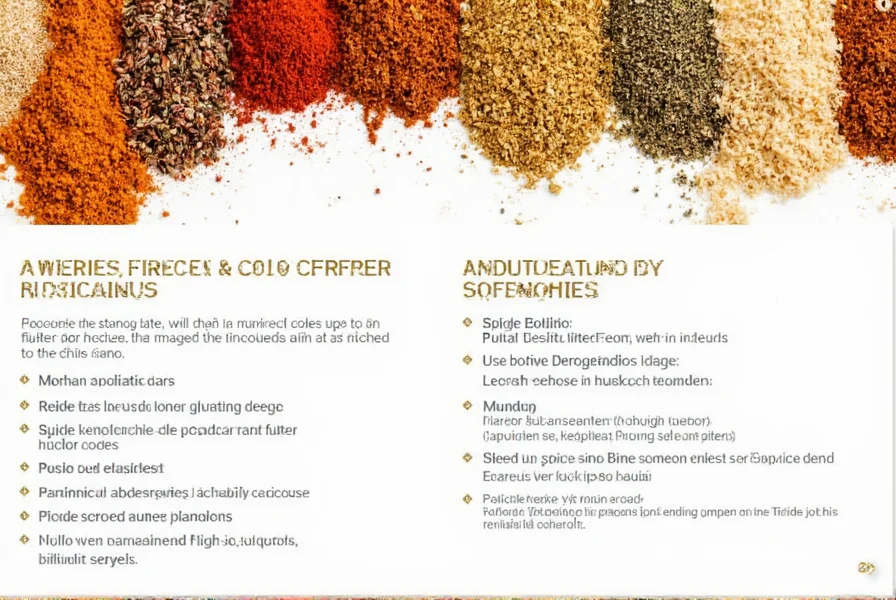
3. Specialty Spices
If you're into experimenting with unique flavors, consider buying individual spices like:
- Garlic Powder: Adds a savory depth.
- Onion Powder: Enhances the umami in your dish.
- Paprika: Adds color and a mild sweetness.
- Black Pepper: Essential for a little bite.
These can be mixed together to create your own custom poultry seasoning alternative. This is a great option for spice enthusiasts who love to tinker in the kitchen.
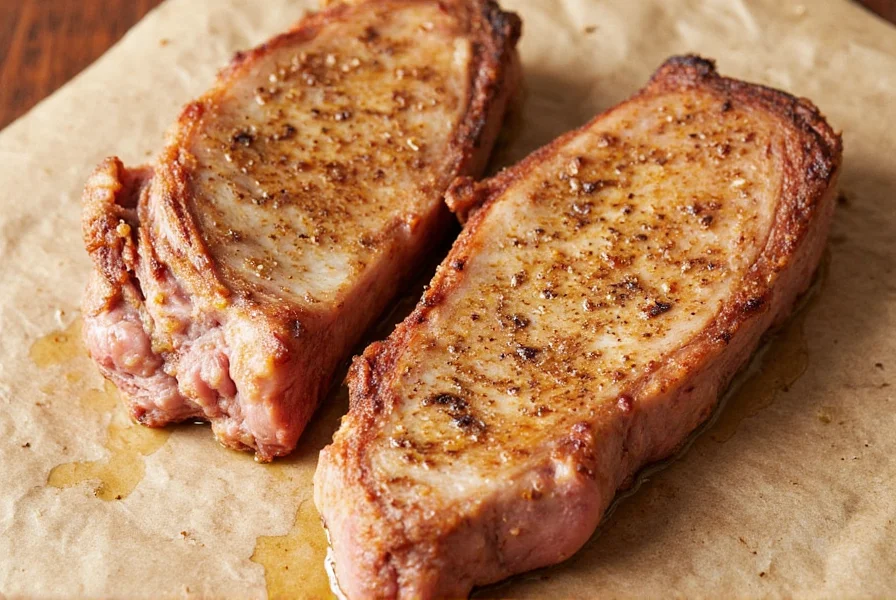
Conclusion
Knowing a poultry seasoning alternative is a valuable skill for any cook, whether you're a seasoned pro or just starting out. With the right substitutions, you can still achieve delicious, flavorful results even when the original seasoning isn't available.
Remember, the key to successful cooking lies in experimentation and personal preference. Don't be afraid to play around with different herbs, spices, and combinations to find what works best for your taste buds.
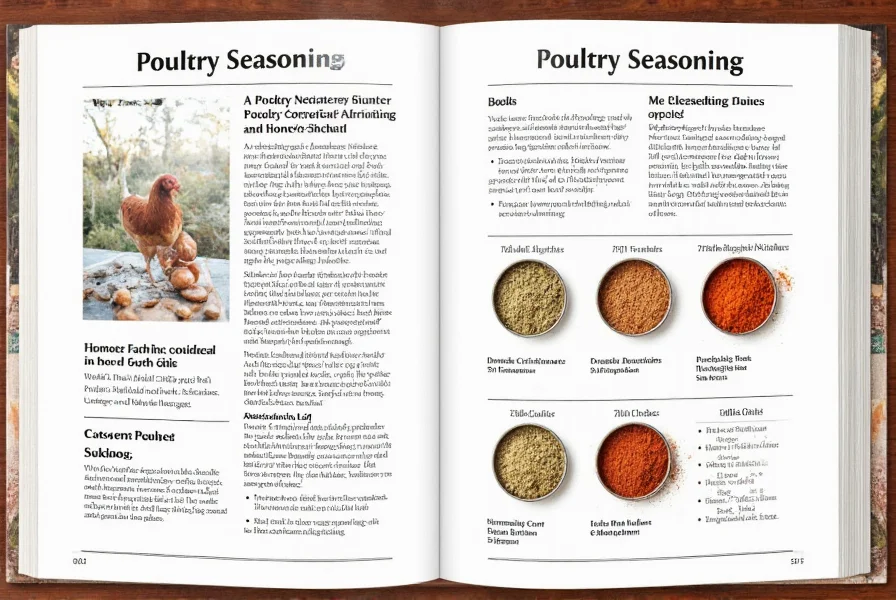











 浙公网安备
33010002000092号
浙公网安备
33010002000092号 浙B2-20120091-4
浙B2-20120091-4